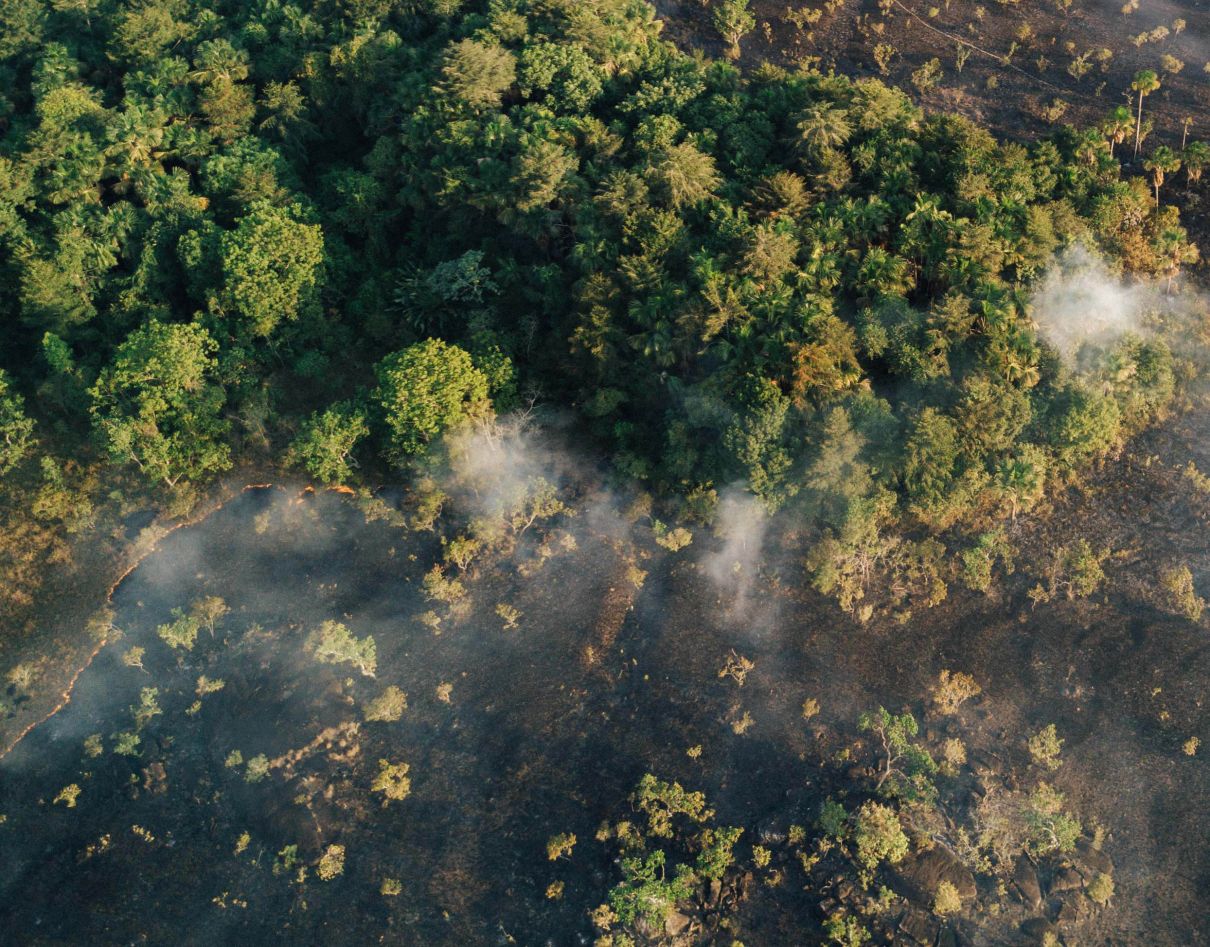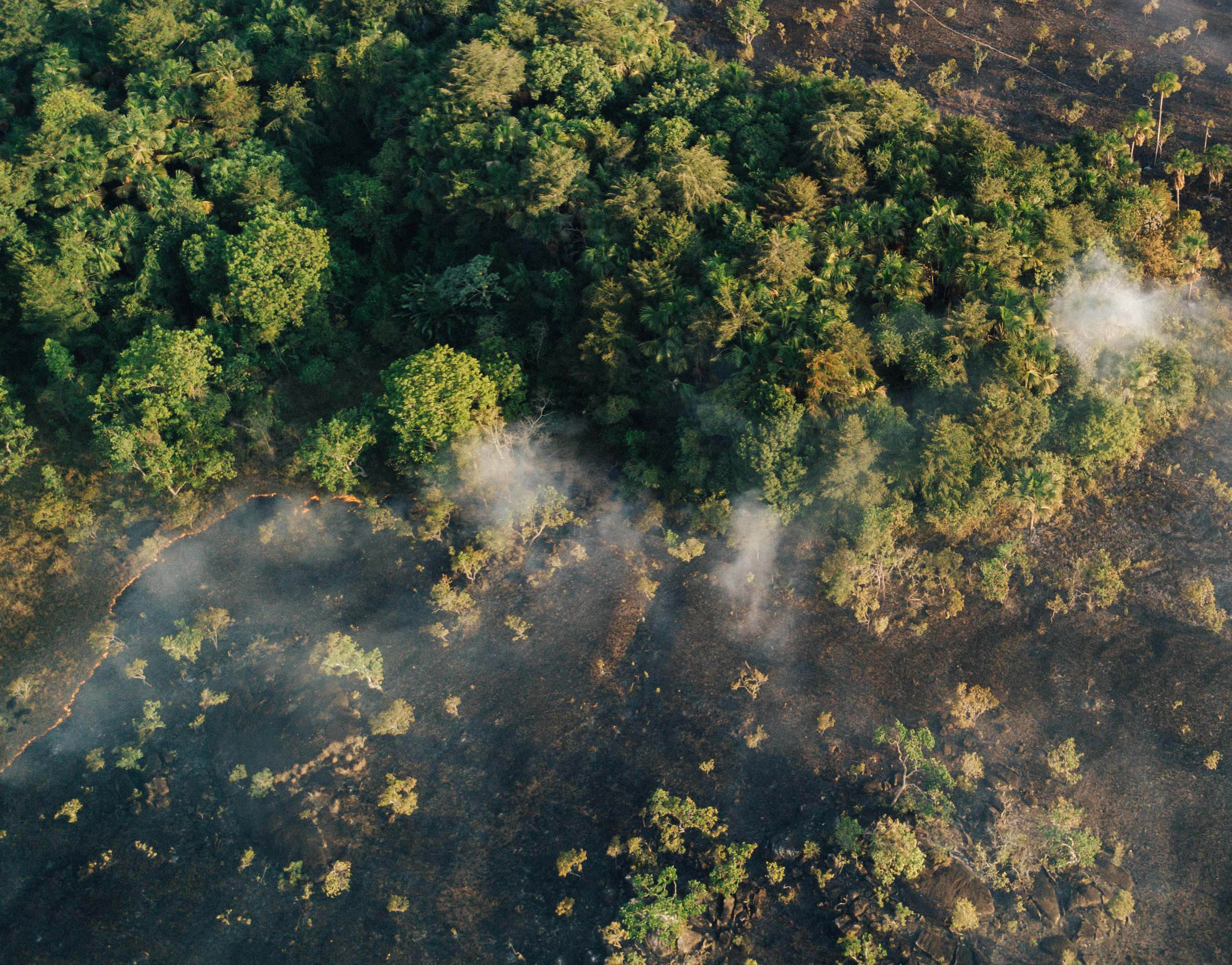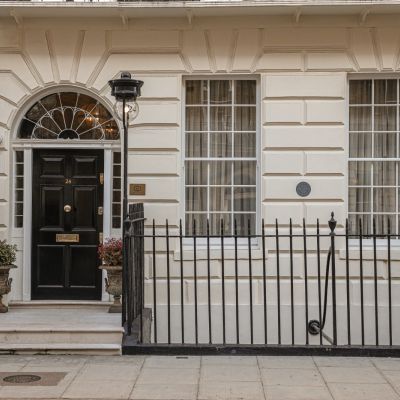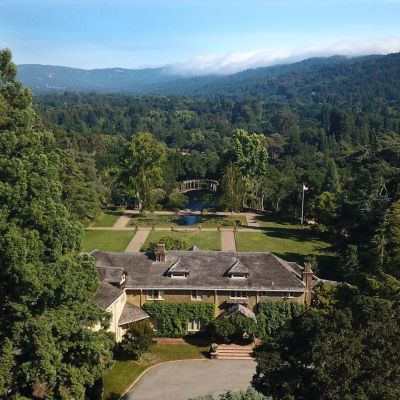The Amazon Is Still Burning. Here's How To Help.


Deforestation of the Amazon is still happening, according to Brazil's National Institute for Space Research (INPE). Two days after the ban was enforced on starting fires, nearly 4,000 new fires were seen from space according to INPE. The agency found that this summer alone more forest had been cleared than in the last three years.
Indigenous populations living in the rainforest have been hugely impacted, not to mention the devastation of wildlife and biodiversity of the region. But it will have a major knock-on effect on the planet at large. The rainforest provides the world with an essential carbon sink and cooling mechanism.
The Earth's climate has already heated by 1°C since pre-industrial times and the concentration of greenhouse gases in the atmosphere is so high that even if all industrial activity were to halt completely there is still another 0.5°C baked into the system. Which is another way of saying we have already passed the lower limit of the Paris Agreement and that if we don't get some of those emissions out of the atmosphere then we are well on track to overshoot the 2°C upper limit.
Greenhouse gases are invisible and parts per million of carbon is an abstract concept that is hard for non-specialists to get their head around. But getting carbon out of the atmosphere is tangible, hands-on and dirty! It involves taking those invisible, threatening but easy-to-ignore gases and putting them back in the ground in the form of plants, trees and soil organic matter. It is messy but deeply rewarding work. Indeed, given the severity and urgency of the climate crisis, I can think of few more rewarding things to be doing right now than planting trees and regenerating soil. Not only will this sequester carbon, it will also help secure food supplies for a growing population and provide the timber that a growing population will need in order to live in decent and dignified conditions.
From the refugee camps of Sudan to the megacities of Tokyo, Sao Paulo or Shanghai, we all depend on the Earth for our life and, at least for those of us who speak a Latinate language, our very identity as humans is tied to humus, the layer of decomposing plant matter that distinguishes productive soil from mere dirt.
The next two years are among the most important in human history and we will all be called to respond in different ways.
One of the beautiful things about Earth as activism is that it is in reach of almost everyone: the poorest of farmers in a village of India is as much an agent of the future of her species as the rich urban dweller in London or New York. And, as the international outcry over the recent fires in the Amazon has reminded us, what goes on in one place can have direct consequences on the life of people all over the globe.
But for those of us who hold great wealth there is clearly a particular responsibility at this juncture in time. Our children will want to know what we did and did not do at this key moment. I personally can think of no more vital work than to roll up our sleeves and get our hands dirty; if it is the hubris of thinking we could control nature that has got us into this mess then the humility of learning to work with Earth strikes me as the best way out.
With the lungs of the planet and the world's biggest store of biodiversity literally burning before our eyes what better response than to replant trees and help rebuild degraded ecosystems? What better gift could we make to our offspring and what better legacy could we leave?
You can support global reforestation by donating money to NGOs like the following, among others:
A California-based NGO launched in 2014 which partners with like-minded companies. So far it has planted nearly 2 million trees in Asia, Africa and the Americas, with an 80-90% tree survival rate.
A Belgium-based company offering science-based solutions for firms to become carbon neutral through supporting reforesting programs in Brazil, Africa and India. It also cultivates economic alternatives for local farmers through agroforestry systems.
TreeSisters is a global network of women who donate monthly to fund the restoration of our tropical forests as a collective expression of planetary care. As of September 2019, it has now funded over 5.5 million trees across projects in Kenya, Madagascar, Brazil, Cameroon, Nepal and India. It has a goal of 1 billion trees annually through monthly, one-time and partnership donations.
Eden Reforestation Projects is a nonprofit that works in developing countries to rebuild natural landscapes destroyed by deforestation. Eden hires communities suffering from extreme poverty resulting from the destruction of their land, to plant the trees.
The International Tree Foundation
Established nearly 100 years ago, UK-based ITF is one of the oldest replanting charities. It is has been responsible for the establishment of an estimated 27 billion trees, mainly in Africa and UK.
Rufo Quintavalle is an author and environmentalist. He has taught creative writing at NYU, is a frequent contributor to the Stanford Social Innovation Review on topics concerning food, finance and the environment, and is the author of nine collections of poetry. He is a co-founder of Agro-Ecological, a farm advisory, research and investment management firm based in Hawkes Bay, New Zealand, and is currently involved in a large-scale reforestation project in the Brazilian Amazon.








